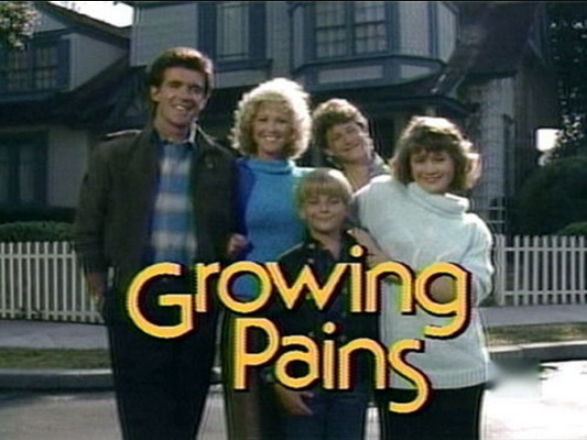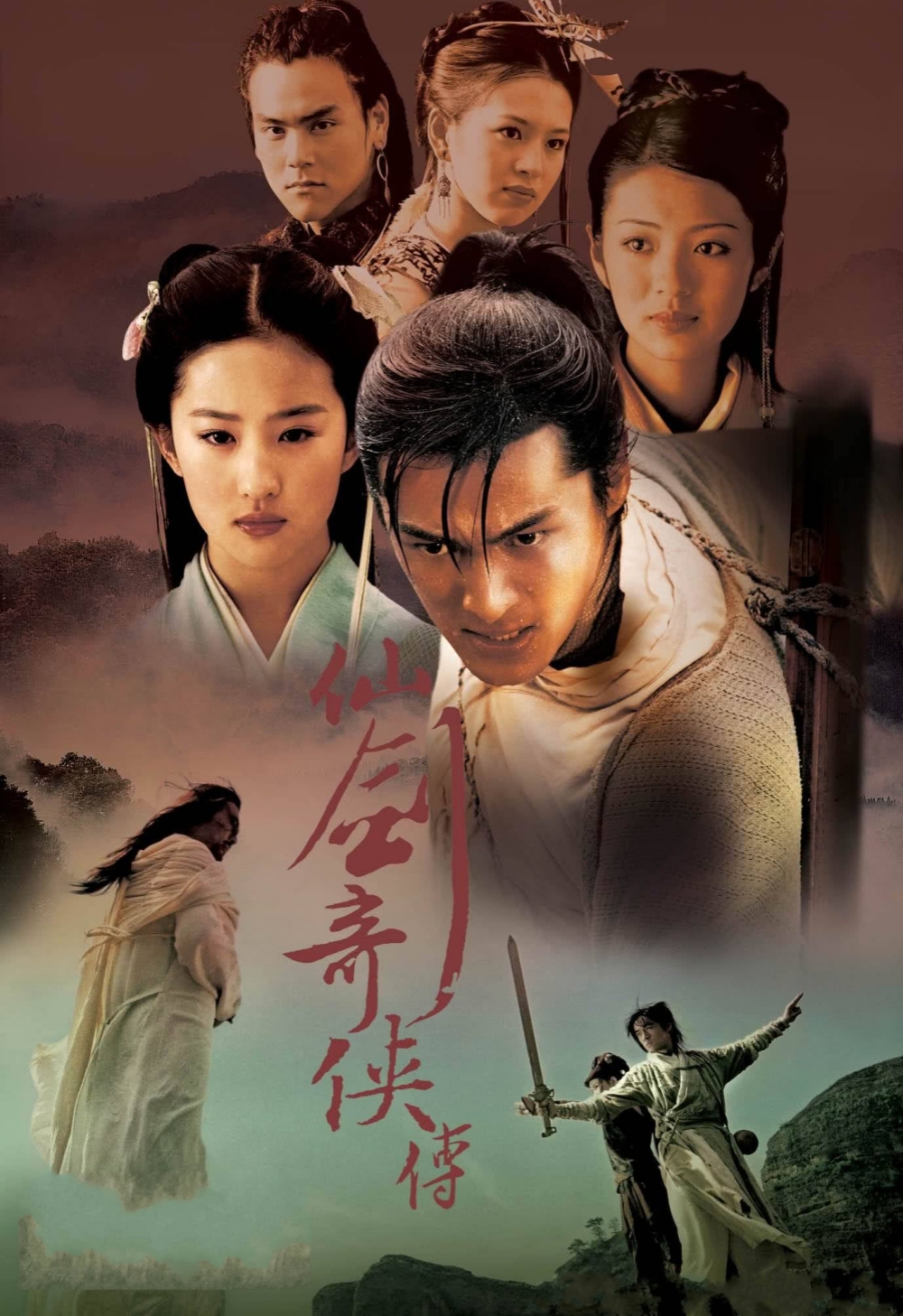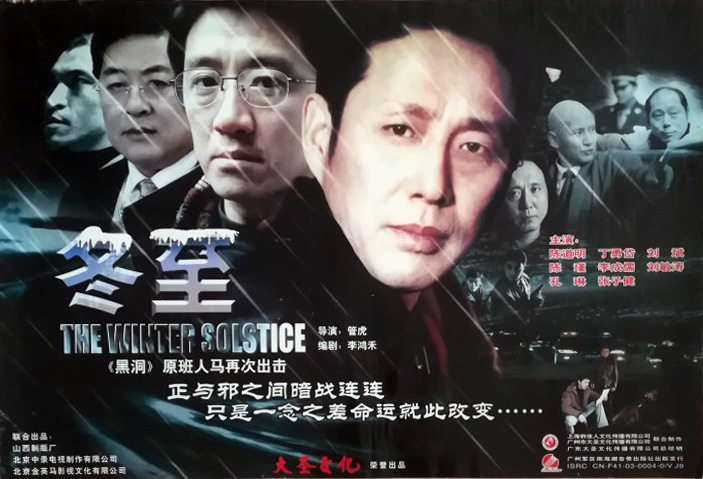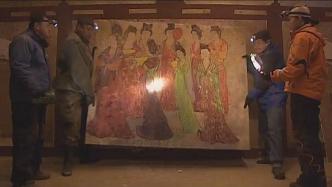
Editor's note: This is a nostalgic theater.
Coincidentally, "Tomb Robbers in Guanzhong" is Li Guanghan's first TV series script, and "Tomb Passage" is also the first TV series directed by Wang Mingjun independently. In a sense, "Grave Passage" is their joint debut.
According to the two people's memories, first of all, when the TV series started filming in 2006, there were no web series or movies on the market that pursued visual spectacles such as "Ghost Blowing the Lamp" and "Tomb Raiders". At the same time, the local feelings shared by Shaanxi creators, the pursuit of realism style, and various factors combined to make "Tomb Passage" what it is now.
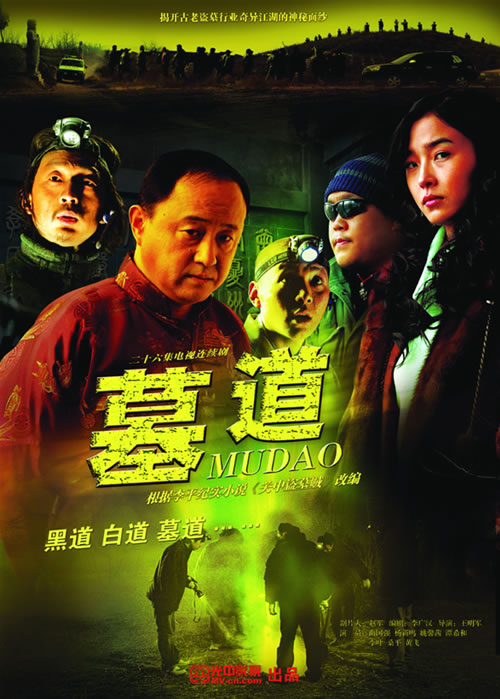
"Tomb Passage" poster
Wang Mingjun, the director of "Tomb Passage", has been in the industry for more than 30 years. He has served as an assistant director in nearly a hundred TV dramas and independently directed 38 film and television dramas. The TV series "The King of Soldiers", "Love on the Dry Plateau" and the movie "Li Mingrui" are his works in recent years.
After the script of "Guanzhong Tomb Robbers" was written, filming did not start in 2003 for various reasons. Director Wang Mingjun recalled in an exclusive interview with The Paper that the script had already circulated in Xi'an's film and television circles in 2004 and 2005. "Many directors are interested in filming, but the management is not very optimistic about it."
The children of Xiying Film Studio took over the directing reins, and there was no “ambiguity” in the tomb
As a well-known director of Xi'an Film Studio, Wang Mingjun is also a true disciple of Xi'an Film Studio. His father, Wang Jicheng, graduated from the History Department of Northwest University and served as an editorial board member of Xiying Film Studio. In the history of Chinese film after the reform and opening up, Wang Jicheng's name is closely related to the rise of the fifth generation of directors: he is the "pioneer" of the fifth generation, the screenwriter of the film "One and Eight" directed by Zhang Junzhao, and the first Chinese director. He was the screenwriter of the TV Golden Eagle Award for Outstanding Single Script "Magpie Tears", and participated in the second film "Life" (1984) independently directed by Wu Tianming, director of West Film Studio, and is now famous for directing and producing a series of commercial blockbusters with the main theme. The script of director Huang Jianxin's debut film "The Black Cannon Incident" (1985).
Wang Mingjun, born in 1969, grew up in the countryside and returned to Xi'an when he was in junior high school. He published novels in local literary publications at the age of 18. Similar to Li Guanghan's experience in joining the army, after he retired from the army, he joined the West Film Studio and began film and television creation. Starting from working as an on-set clerk on the set, after long-term experience as an assistant director, I gradually developed my own independent directed works.
Wang Mingjun is no stranger to the theme of tomb robbing and local tomb robbing and combating tomb robbing operations in Shaanxi. Around 1988, Xi Film Studio released five "Aventurine Bandits" movies in a row, and his father Wang Jicheng was the behind-the-scenes script revision and coordinator. "Since the mid-1980s, my family has received many scripts about tomb robberies. Later, Xi Film Studio only cast "The Robbers of Dongling". When I was in junior high school, my father was transferred from Xi Film Studio to Xianyang to serve as the acting deputy director of the Cultural Bureau. In the past, cultural relics The Bureau and the Cultural Bureau are one department, and he often has to go out in the middle of the night to cooperate with the police to catch tomb robbers. This is what I have personally witnessed."
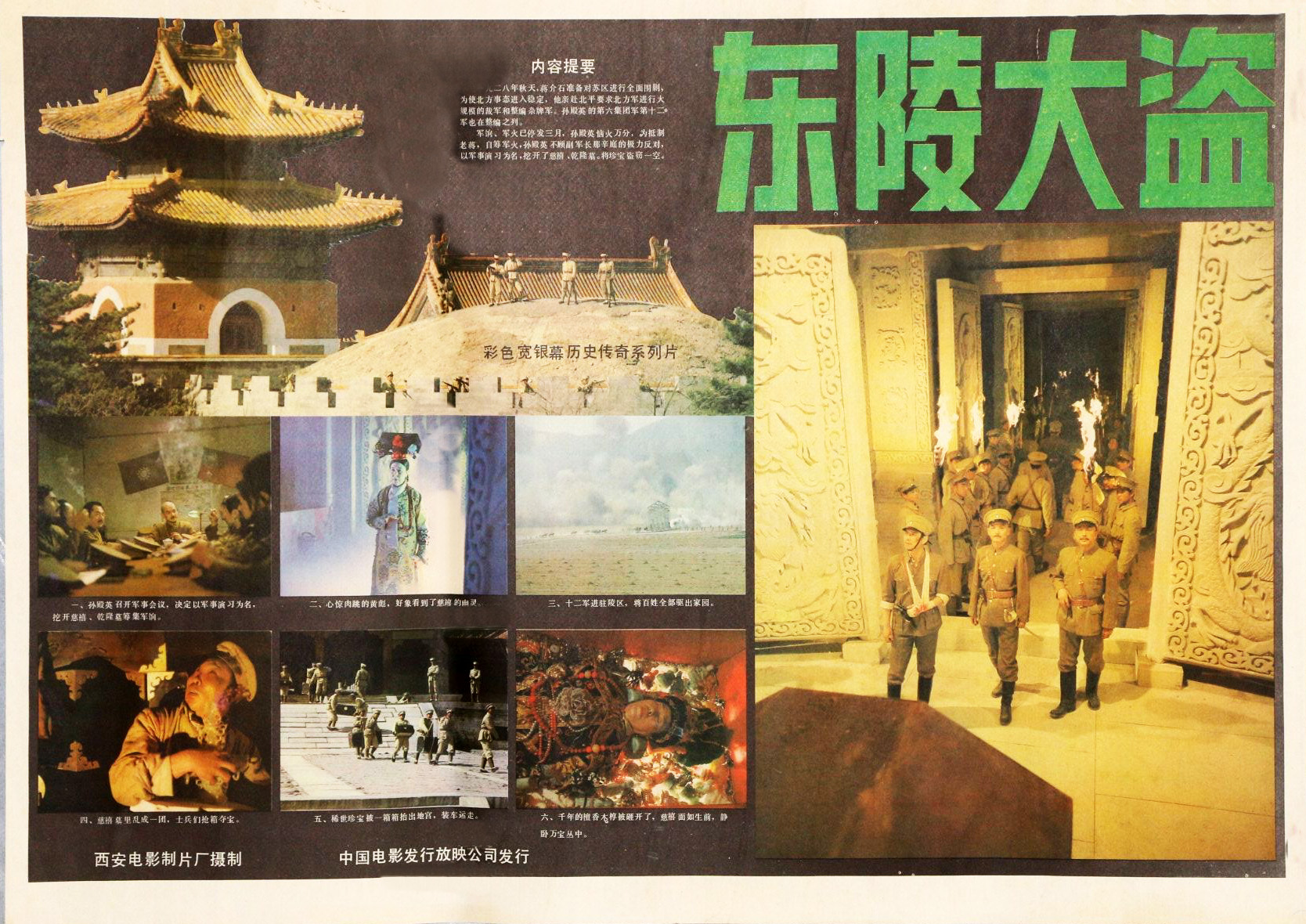
"Aventurine Bandits" poster
Favoring archeology and pursuing historical and cultural connotations are also Wang Mingjun's interests in film and television creation in the future. Both he and Li Guanghan disapproved of fantasy tomb robbing dramas: First of all, emperors of all dynasties would not bury their ancestors in extreme landforms such as glaciers and snow. Instead, they mostly arranged them in places with relatively convenient transportation and pleasant scenery. Secondly, do real tombs have secret passage mechanisms similar to those in "Tomb Robbers Notes" and "Ghost Blowing the Lamp", or the "killing ambush" often mentioned in Shan Tianfang's commentary?
According to screenwriter Li Guanghan, this is purely a fabrication by later generations. "Things like flaps, hidden arrows, etc., these are all hearsay and rumors. If there are anti-theft facilities in ancient tombs, the most common one is mercury, which can act as a seal and prevent oxygen from entering. In addition, mercury itself is poisonous and will not open when opened. It may be emitted after the tomb. Think about it from another perspective, even if the ancients installed mechanisms in the tombs, after thousands of years, these mechanisms have long since failed and will not work at all."
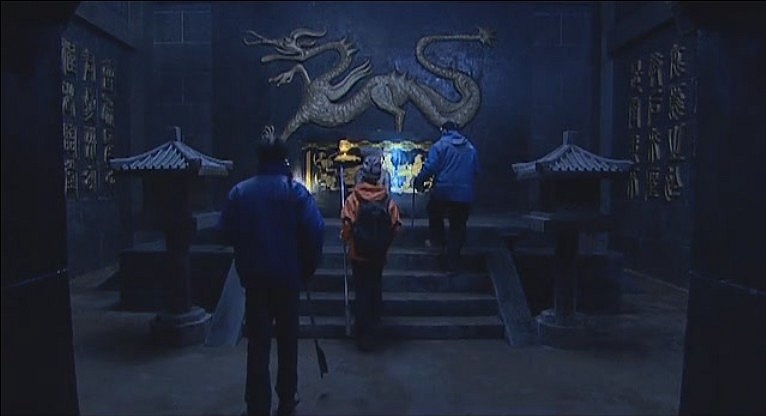
Screenshot of "Tomb Passage"
In the first half of 2006, Wang Mingjun and Zhou Youchao, the master of Xiying Studio, co-directed the TV series "We Are Like Sunflowers". During the filming, Yuan Guangcheng, a veteran actor from the Baoji Repertory Theater in the crew, had limited mobility in his legs and feet. Wang Mingjun took good care of him and tried his best to arrange for a car to pick him up and drop him off. On the final day, the old man handed him a 3.5-inch floppy disk. "It was the script of "Guanzhong Tomb Robbers". The next day I asked someone to print out the script, and I couldn't put it down after reading it. The dialogue was written close to life, and there was a lot of historical research and cultural connotation, which is especially suitable for My appetite."
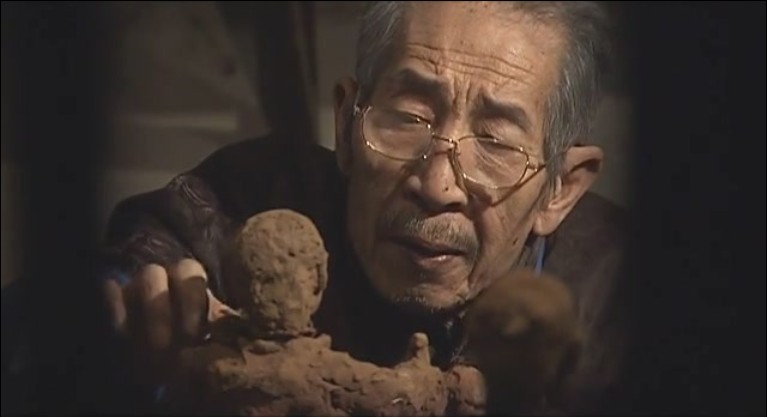
Screenshot of "Tomb Passage"
Yuan Guangcheng has been engaged in drama performances for many years. After retiring from the stage, he has appeared in many TV series, mostly playing the role of a simple and kind-hearted Shaanxi old man. The work that impressed the audience the most was "Tomb Road", in which he changed his acting style and played the "godfather" Li Guangxuan on the road to tomb robbers in Guanzhong. He acted while sitting or lying on the bed the whole time. He likes to hold a jade pipe in his mouth and squeeze clay monkeys with squinted eyes. Whenever guests from black and white come to visit, this loyal but treacherous "godfather" always smiles before he speaks. , just a few words played a big role in promoting the development of the plot. Wang Mingjun recalled that in the summer of 2006, he and Li Guanghan met for the first time at Yuan Guangcheng’s home. “We all hit it off immediately!”
As a child of Xiying Film Studio and he likes to write novels, Wang Mingjun recalled that in his youth, he had a clear sense of planning. "I was just in my early 20s at that time, and many directors from the West Film Studio would often come to my house to discuss scripts with my father. Maybe it was because I had been familiar with these directors since I was a child, and I didn't have stage fright. I would often recommend novels to them that were worthy of being adapted into movies. . In today’s terms, it is called a strong sense of planning. Even when I later became a director and filmed movies, many scripts would be involved from the planning stage.”

Screenshot of "Tomb Passage"
Wang Mingjun took the copy of "Guanzhong Tomb Robbers" to find his old friend Zhao An, the boss of Guangzhong Film and Television. Since returning to his hometown Xi'an from Beijing in 2001 at the invitation of his teacher Zhou Youchao, Wang Mingjun has participated in at least ten TV series produced by Guangzhong Film and Television. In 2003, the criminal investigation drama "Weakness" for which he served as assistant director was also produced by Guangzhong. Adhering to the original author Zhang Yu, chairman of the Henan Writers Association, the novel depicts the image of the police in a different way, and the play has also caused a lot of heated discussions.
Zhao An also likes the script of "Guanzhong Tomb Robbers" very much. "He felt that the style and charm were very similar to "12.1 Shooting Case". He asked me who I was going to cast in it." Recalling this past incident, Wang Mingjun laughed out loud, "At that time, "Black Hole" was As a benchmark for domestic criminal investigation dramas, I asked Chen Daoming to play Qin Anping and Tao Zeru to play Song Ruoxu. Of course this was half-joking, but in the movie "One and Eight" written by my father, these two starred in The first male lead and the second male lead." After hearing this, Zhao An smiled bitterly and said, "I won't vote for this movie anymore, you can come back." Of course Wang Mingjun understood that if these two actors were used, the investment might reach 8 million, so he could Throwing out the actors I had already thought about, Yang Xinming from Xi'an Theater and Qu Guoqiang from Sichuan People's Art Theater.
"My teacher is Zhou Youchao. Zhou Youchao worked as an assistant director in Zhang Yimou's early films "Red Sorghum" and "Ju Dou". And Zhou Youchao's teacher is Wu Tianming, the old director of Xiying Film Studio. It means that I am a inheritor of Xiying Studio's style. "The third generation." Wang Mingjun said that the West Film Studio's rules for selecting actors are, first of all, to look like the characters. "The appearance must be like the characters written by the screenwriter, and the second is to play well. When we select actors, we also There is nothing fishy, and the cooperating management company cannot restrict the director from choosing actors. After all, it was a director system at that time, and the management company allowed the director and assistant director to speak."
Long-term experience as an assistant director gave Wang Mingjun a "very vicious" eye when selecting actors. For example, in the late 1990s, actor Fu Biao was already the "golden cannon" in Feng Xiaogang's New Year's film, but he won the Golden Rooster Award (Best Supporting Actor) for his supporting role in the 2000 movie "The Story of Escort" Playing the role of Mrs. Yu, a fraud suspect. "I backed Fu Biao when he appeared in "The Story of Escort", and asked him to star opposite our veteran Shaanxi actor Ge Zhi. As a result, Mr. Ge also won the 2001 Golden Rooster Award for Best Actor."
"The whole Shaanxi class" must star, and Yang Xinming plays the leading role for the first time
When one person has complete control over a TV series, Wang Mingjun determined that "Tomb Passage" must be performed by "the whole Shaanxi class", and most of the actors he found had experience in drama stage performances.
Yang Xinming, who plays Song Ruoxu, entered Xi'an Theater in the 1980s. In 2001, Yang Xinming played the role of Hu Changqing, the first deputy provincial official sentenced to death since the reform and opening up, in the anti-corruption documentary drama "Life in Ganjiang", and won the Golden Lion Award (a professional award in the field of Chinese drama art). He is better known to audiences across the country because of his appearances in a series of sketches in CCTV's "Variety Show" and the Spring Festival Gala in the early 1990s. ( Exclusive interview | Actor Yang Xinming: Isn’t it good to keep some mystery in front of the audience? )
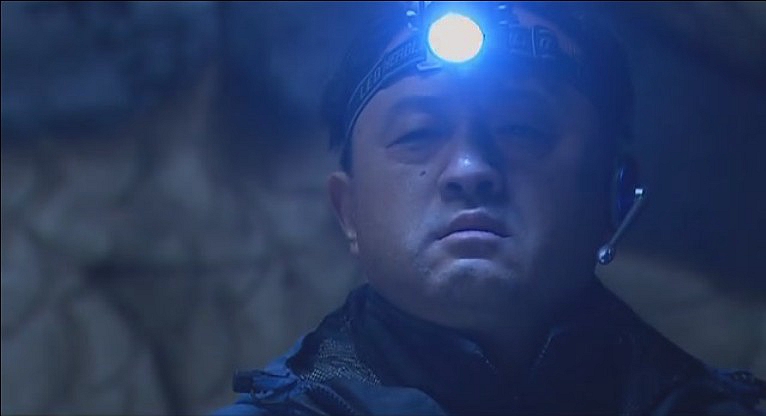
Yang Xinming as Song Ruoxu
"Yang Xinming and I have known each other for a long time. In terms of acting skills, directors from Shaanxi at that time recognized him very much. But before "Tomb Path", he rarely played leading roles in film and television dramas. In my previous work "Weakness", he only He played a policeman in two or three episodes, so many TV drama viewers have not yet had a particularly deep impression of him." Wang Mingjun said, similar to Yang Xinming, Tan Xihe and Luo Jingmin, who were both in the Xi'an Theater Theater, were both in their 40s and 50s at the time. "It's the most mature time for an actor, and it's also similar to the age of the character in the play."
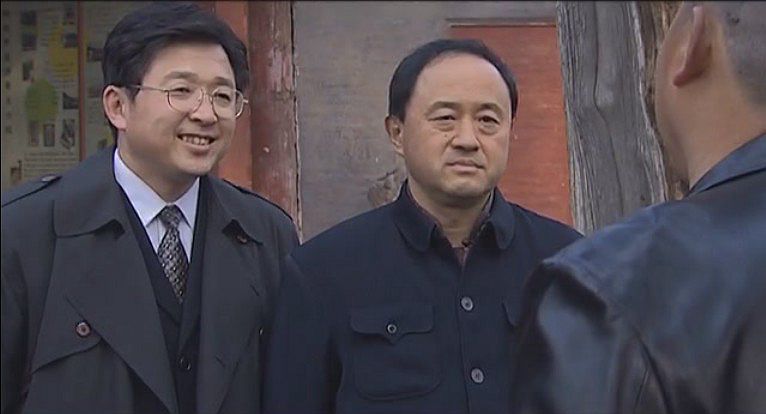
Screenshot of "Tomb Passage", Tan Xihe and Yang Xinming
"Wild Mountain" produced by West Film Studio in 1986 won the Golden Rooster Award for Best Feature Film and was the first film in which Tan Xihe and Yang Xinming co-starred. Tan Xihe later appeared in "Old Well" directed by Wu Tianming and starring Zhang Yimou. It was the first time that a domestic film won the Best Feature Film Award at the Tokyo International Film Festival (A-Class Film Festival). "Yang Xinming, Tan Xihe and 'Monkey Brother' (Luo Jingmin's nickname in the circle) were not niche types due to their appearance when they were young, but they were good at acting and had a wide range of acting options. The three of them later became more interesting as they got older. And he has a temperament that is both good and evil."
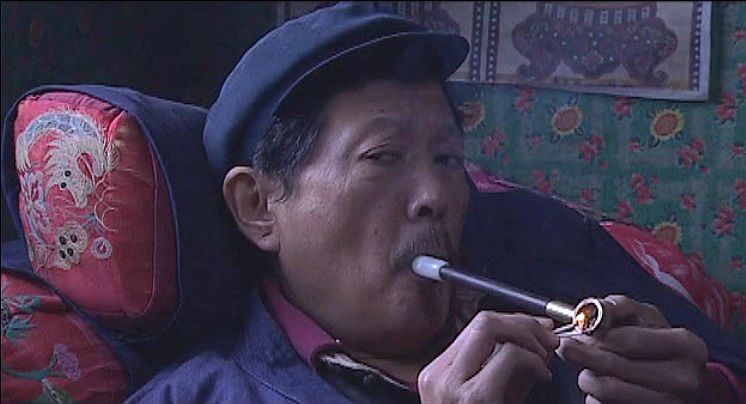
"Tomb Passage" stills
"Luo Jingmin used to play gangsters and bad guys. In 1998, when I was the assistant director of the TV series "Red Makeup", I cast him for the first time to play a positive role, as a prosecutor." Wang Mingjun said. In his opinion, Luo Jingmin's Yang Guaiwa, who squatted on the kang and held a pot in his mouth, looked like an old farmer from Guanzhong. As for Xue Tiangui, played by Tan Xihe, the most exciting scene is when he disguises himself as a wandering Taoist priest and cooperates with his accomplices to dig graves and deceive people in the village.
In an exclusive interview with The Paper, Yang Xinming also analyzed the character of Song Ruoxu, "He has the gentle side of an intellectual and the sinister side of a tomb robber. Even if I have to show his hypocritical side, I will We need to put ourselves in his shoes to show his embarrassment and choices, and to show the character's difficulties and struggles. Most of the TV series used local actors from our hometown in Shaanxi, and the creative atmosphere at that time was also very good."
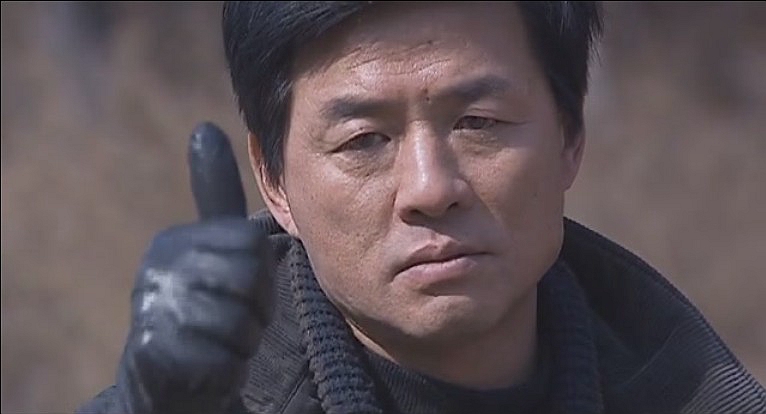
Screenshot of "Tomb Passage"
Qu Guoqiang, who plays the role of the captain of the cultural detective, is an actor from Sichuan People's Art, but he is originally from Shaanxi and previously worked for Shaanxi People's Art. In the 1980s and 1990s, Qu Guoqiang starred in many films produced by West Film Studio. "He was forty-seven or eighteen years old at the time. He was a decent-looking man and looked upright. He looked like a policeman." Wang Mingjun recalled that during the preparations for "Tomb Passage", Qu Guoqiang, Zhang Fengyi and Wang Qianhua were in Xi'an to film the TV series "The Son-in-Law." "Zhang Fengyi saw the script of "Tomb Passage" from Qu Guoqiang, and approached me and offered to play the role of Song Ruoxu, but I turned it back with a joke: You? It's too expensive."
The protagonists are all in their prime, and the young supporting actors also have their own brilliance in the play. Wang Mingjun recalled that he originally wanted Huang Bo to play the role of pangolin. "He just acted in "Crazy Stone", but I think he is from Qingdao and speaks with an accent. Although the actor Huang Fei is from Yangzhou, he went to Shaanxi Film and Television School and has been developing in Xi'an after graduation. He can Speak authentic Shaanxi dialect. Dialects were not encouraged in film and television dramas at that time, but character lines with local dialect endings were allowed. Yang Xinming spoke authentic Guanzhong dialect in some of his lines. For example, eating in Shaanxi is called "咥" meal'."
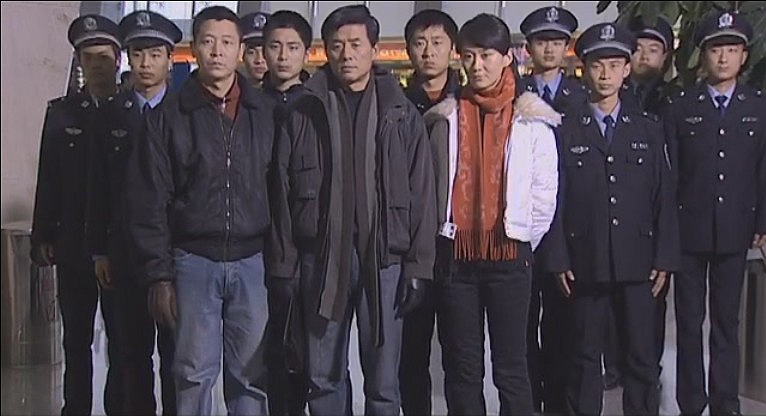
Screenshot of "Tomb Passage"
Although this is the first TV series he directed independently and he has a group of "actors" under him, Wang Mingjun does not have stage fright. "When I make a movie, I always value the actor's performance, not fame. And I would rather wait for the screenwriter than wait." Actors. The team was formed eight months in advance. During this period, Li Guanghan spent two months revising the script. These actors have not yet achieved what they have today in film and television. In terms of acting, these people are my teachers, but You can’t talk about historical details better than me.”
In the play, Song Ruoxu talked about cultural relics in a very clear-cut manner, but when he was furious, he also said a line with great contrast, "I've been shitting and peeing on the emperor's tomb since I was a child. I'm afraid of it!" Wang Mingjun laughed and said that Li Guanghan's script wrote Everything was prepared, but Song Ruoxu's line came from a sudden inspiration he had on the set. This is actually the "embarrassing thing" that he did on the tomb of Liu Che, Emperor Wu of the Han Dynasty in Maoling, when he was "free range" as a boy when his father Wang Jicheng was working on behalf of Xianyang.
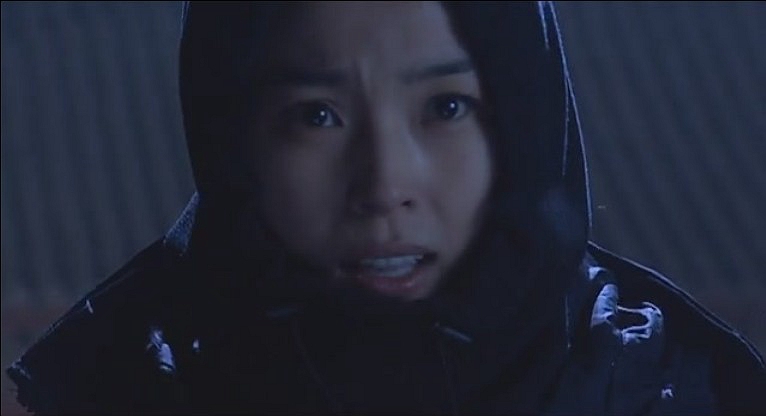
Screenshot of "Tomb Passage"
"Tomb Road", which has the theme of tomb robbing and counter-tomb robbing, did not let women go away. Yang Xiu's image is still talked about by many drama fans. The actress who was later renamed "Yao Xingtong" was named Yao Xintong at that time. Born in the 1980s, she made her official debut by starring in the TV series "With You" before she graduated from the Acting Department of Beijing Film Academy. Wang Mingjun said that he had previously intended to collaborate with her on a TV series, but due to scheduling issues it did not happen, so he thought of her again during the preparation of "Tomb Passage".
"Yao Xinqian is from Harbin in Northeast China, but she is tall and has delicate features like a college student. Moreover, she can speak six languages. She is talented and can endure hardships. Because the actors and creators she faces on the set are all from Shaanxi, she is very humble and often speaks to her. Please ask for advice." In Wang Mingjun's view, Yao Xingtong was later able to star in Jackie Chan's movie "Zodiac" and play the role of Coco, a doctor of archaeology, because of her previous knowledge of historical archaeology. "We were a learning crew back then. When we were together, we were either talking about dramas or cultural relics."
